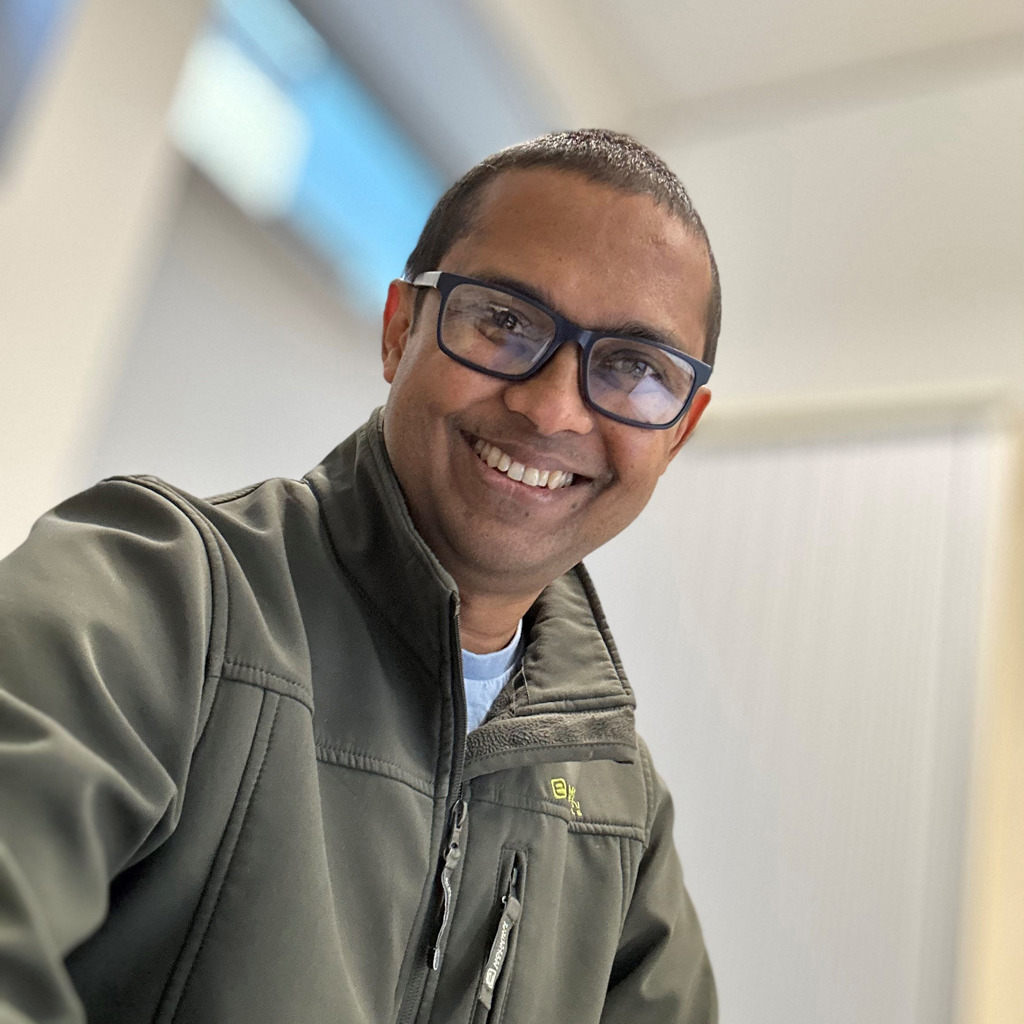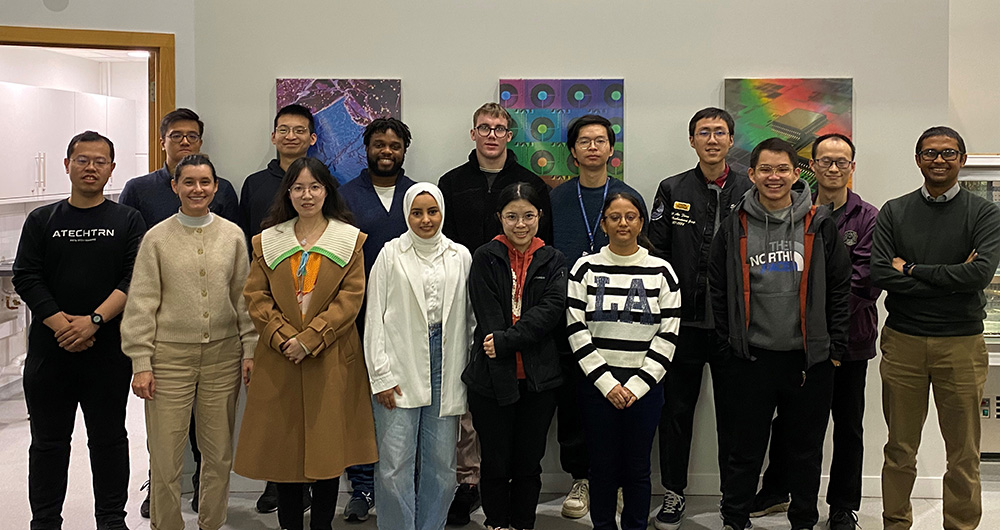Tawfique Hasan
University of Cambridge, UKFor transformative and sustained contributions in photonic applications of nanomaterials and pioneering ultraminiaturised computational spectrometers.

Tawfique Hasan was interested in science and math from a very young age. When he was in primary school, he received a small encyclopedia gift and learned that just about anything he could think of questioning could be explained with science. In school, he found math intriguing as it was challenging, but he realized how it could be applied to everyday problems. By grade ten, he started to learn more about the world around him through physics and chemistry. All three subjects are the foundation of his work today.
He began his academic journey in Electrical Engineering at the Islamic University of Technology in Bangladesh, followed by a master's degree in analog VLSI at the University of New South Wales in Australia. His PhD studies brought him to the University of Cambridge, and his intention was to study carbon nanotubes for hydrogen storage. While interesting, his supervisor suggested a different topic, nanotube growth for water filtration. Moving from electronics design to nanomaterials was a significant shift for the young researcher, as he would have needed to develop new learning approaches. Unfortunately, an equipment issue forced Tawfique to change topics a year into his PhD, this time to nanotube-polymer composites for ultrafast laser pulse generation. This was the topic that ultimately brought Tawfique into the world of optics.
During his big transition from electronics to nanomaterials, Tawfique learned many important lessons. Most importantly, he realized that systematic studies could help anyone to learn new topics in science relatively quickly. He achieved this by methodically reading the papers of the leading groups working in the area. His colleagues and mentors were also very patient to help him with his learning and training for experiments. Within six months, he was confident and ready to move forward with the new research area. He reflects that his supervisor and direct colleagues didn't flood him with recommendations and instead allowed Tawfique to guide himself. Today, he credits his success to their "light touch" approach.
Tawfique now works to enhance device performance by combining nanoengineered materials and computational algorithms. He shares, "Our research group structures nanomaterials and sometimes adds new functions by engineering the material composition. We then use these materials to create reconfigurable electronic devices and chemical and optoelectronic sensors such as optical spectrometers through various manufacturing technologies. We usually employ simple mathematical models or algorithms to boost their performance or create new functionalities." His main challenge in this work is establishing a generalized framework for hardware and software to work together, keeping the limitations in manufacturing, materials and limited control over fundamental physical phenomena.
Tawfique enjoys the challenges because these developments promise vast impacts on society if implemented thoughtfully. Current devices, like optical spectrometers, are too large to carry with us in everyday life. However, if miniaturized, spectrometers could impact a wide range of areas, like smart agriculture, food quality assessment, disease diagnostics, environmental management, entertainment, and astronomy, to name a few. Tawfique believes that computational algorithms can speed up the new generation of miniaturized devices to capture all types of information from light, and he and his group have been privileged to make their small contribution towards implementing some of these ideas.
Early in his academic career, Tawfique was advised not to compare himself with other colleagues in academia and to find joy in research. This has shaped his career in so many ways, most notably in his love of his work and achieving a work-life balance. He shares similar advice for early career researchers, adding, "Don't wait for the perfect moment, as life is full of exciting opportunities." After all, science and technology can change the lives of millions, and he aims to dream big and look across disciplines to make new developments.
Photo Credit: Tawfique Hasan
Profile written by Samantha Hornback

Above: Tawfique's group, November 2023
